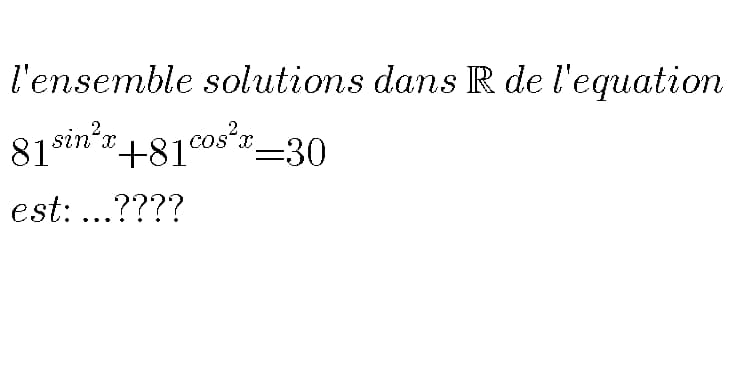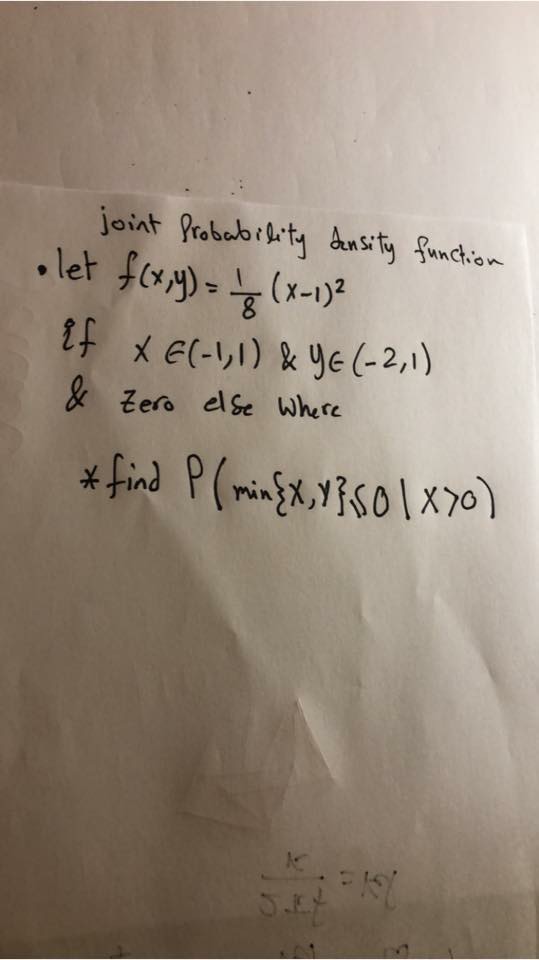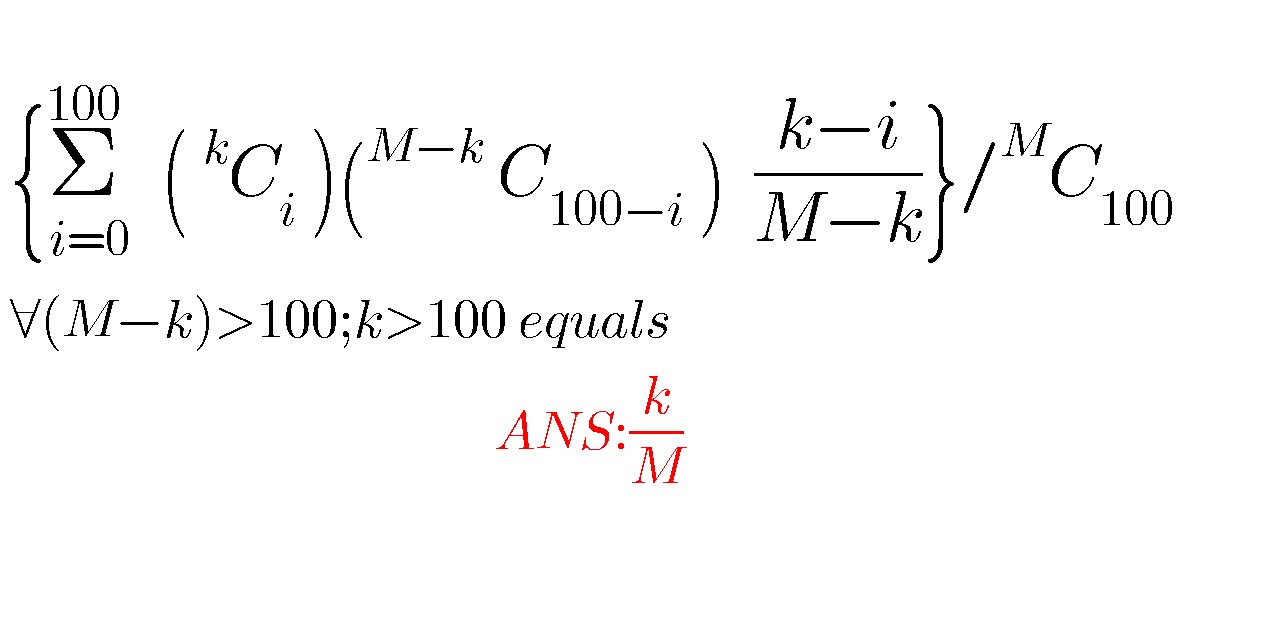
AllQuestion and Answers: Page 1417
Question Number 66937 Answers: 1 Comments: 0

Question Number 66932 Answers: 1 Comments: 0
Question Number 66928 Answers: 2 Comments: 0
Question Number 66927 Answers: 0 Comments: 0
Question Number 66922 Answers: 0 Comments: 1

Question Number 66910 Answers: 0 Comments: 1
Question Number 66909 Answers: 0 Comments: 0
Question Number 66906 Answers: 1 Comments: 5
$${Intergrate}\:{I}=\int\:\frac{{t}^{\mathrm{2}} }{\mathrm{1}+{t}^{\mathrm{4}} }\:{dt} \\ $$
Question Number 66895 Answers: 1 Comments: 0
Question Number 66971 Answers: 0 Comments: 3
Question Number 66969 Answers: 1 Comments: 1

Question Number 66968 Answers: 0 Comments: 0

Question Number 66890 Answers: 3 Comments: 0
Question Number 66875 Answers: 0 Comments: 4

Question Number 66866 Answers: 1 Comments: 1

Question Number 66865 Answers: 1 Comments: 1
Question Number 66868 Answers: 0 Comments: 3
Question Number 66863 Answers: 0 Comments: 0
Question Number 66862 Answers: 0 Comments: 1
$$\underset{{x}\rightarrow\mathrm{0}} {\mathrm{lim}3}{x}^{\mathrm{5}} \\ $$
Question Number 66857 Answers: 0 Comments: 3

Question Number 66856 Answers: 1 Comments: 0
Question Number 66855 Answers: 2 Comments: 0
Question Number 66852 Answers: 0 Comments: 3

Question Number 66851 Answers: 2 Comments: 1

Question Number 66849 Answers: 0 Comments: 2

Question Number 66846 Answers: 0 Comments: 2

Pg 1412 Pg 1413 Pg 1414 Pg 1415 Pg 1416 Pg 1417 Pg 1418 Pg 1419 Pg 1420 Pg 1421
